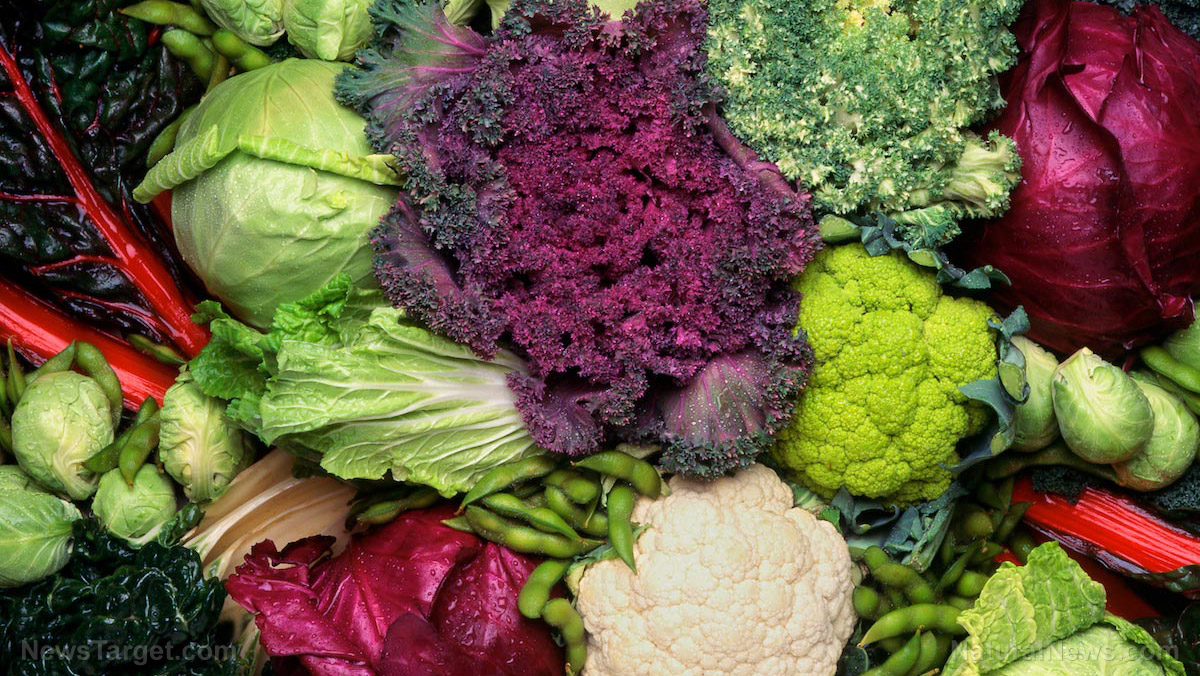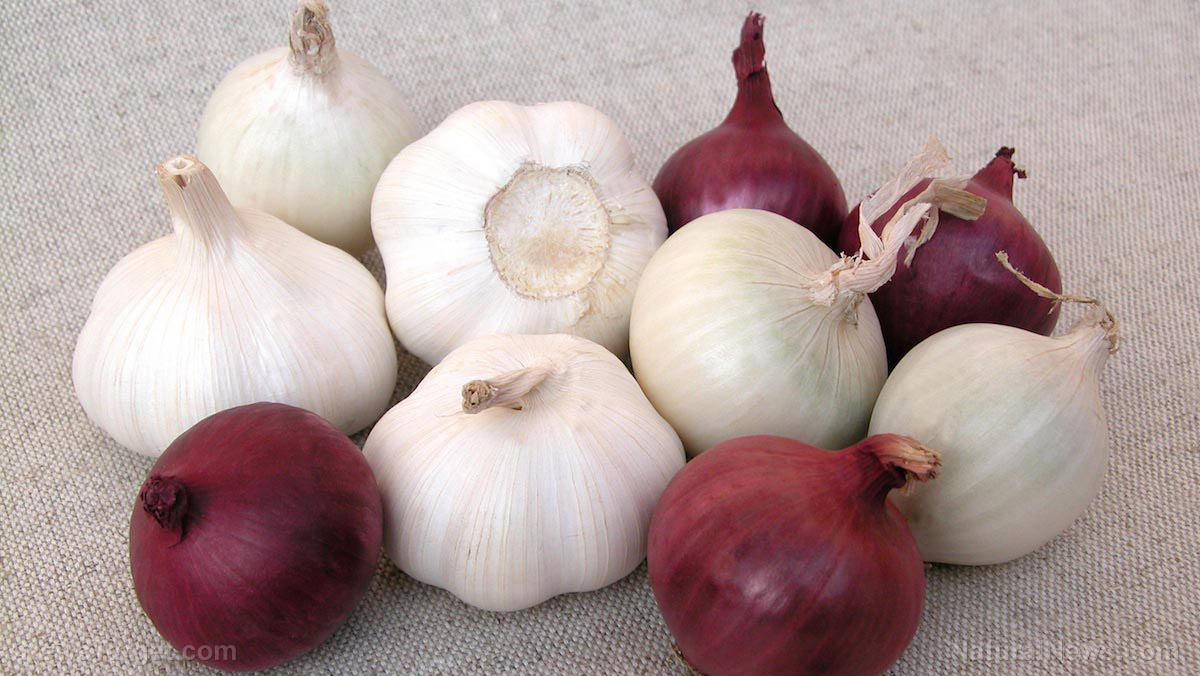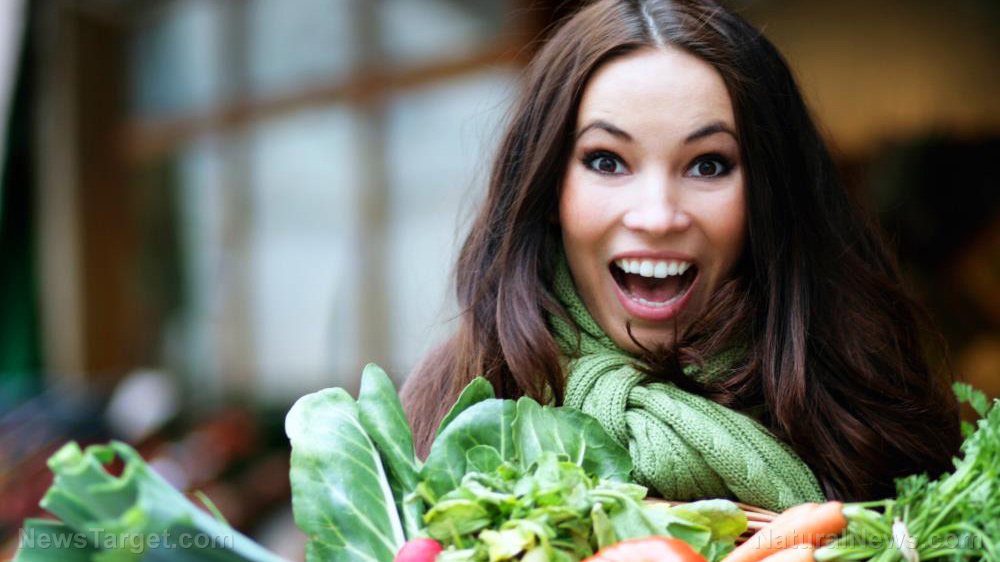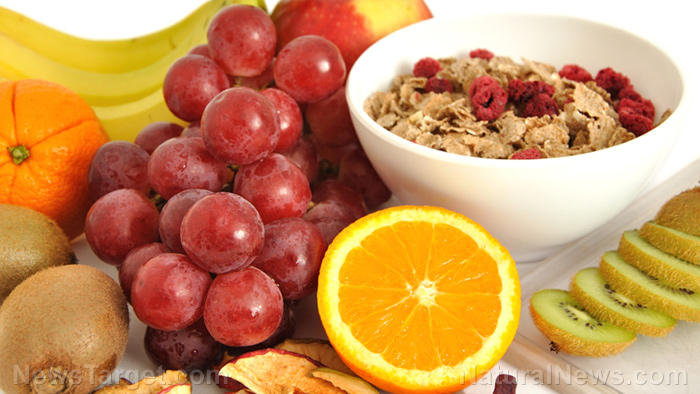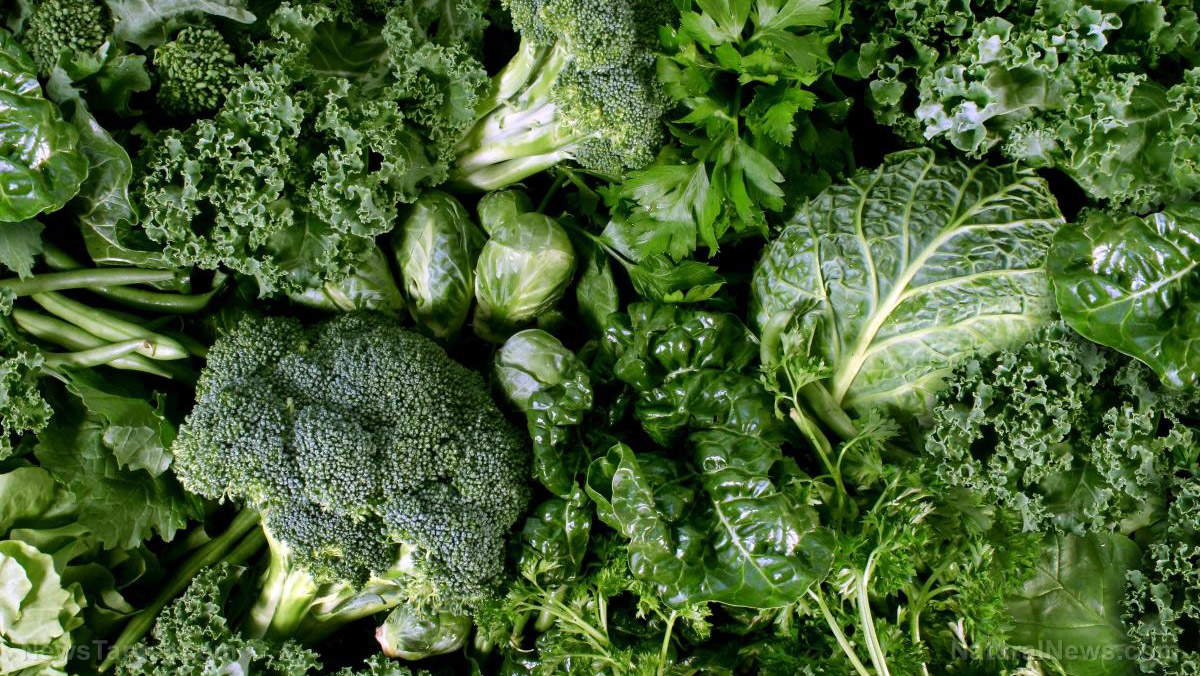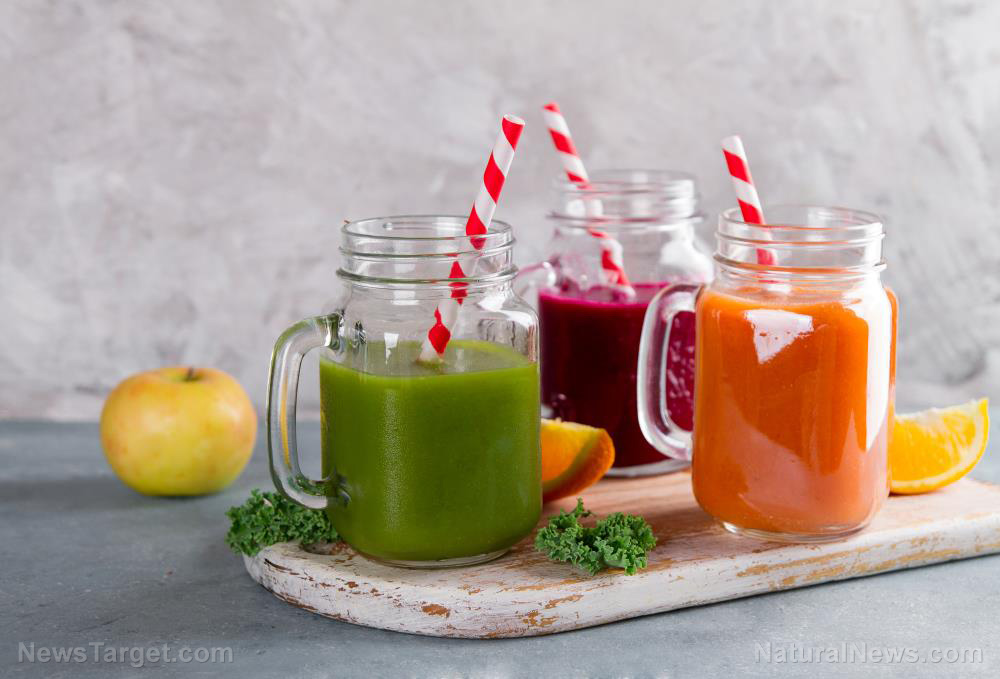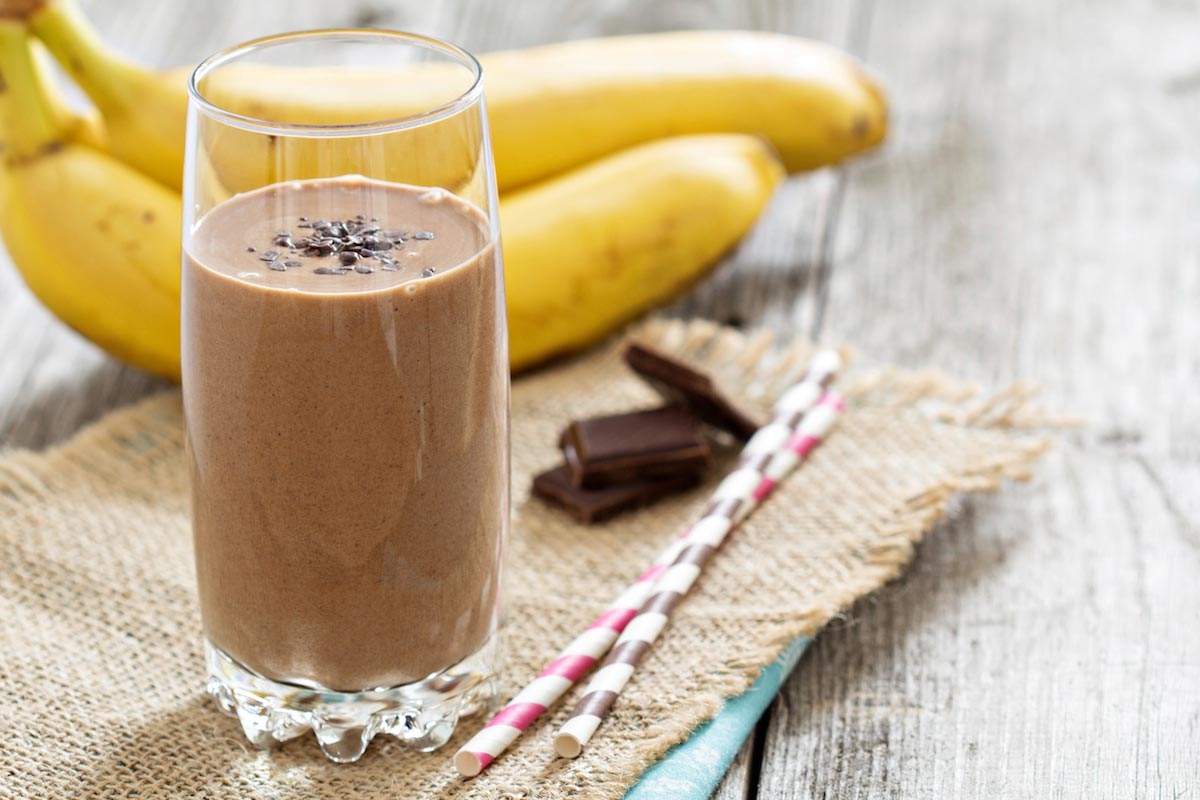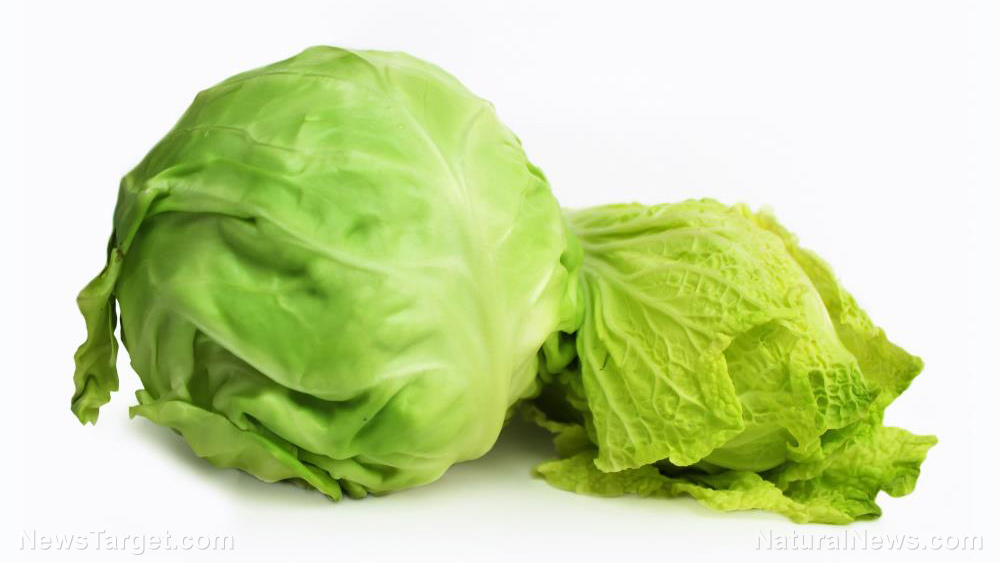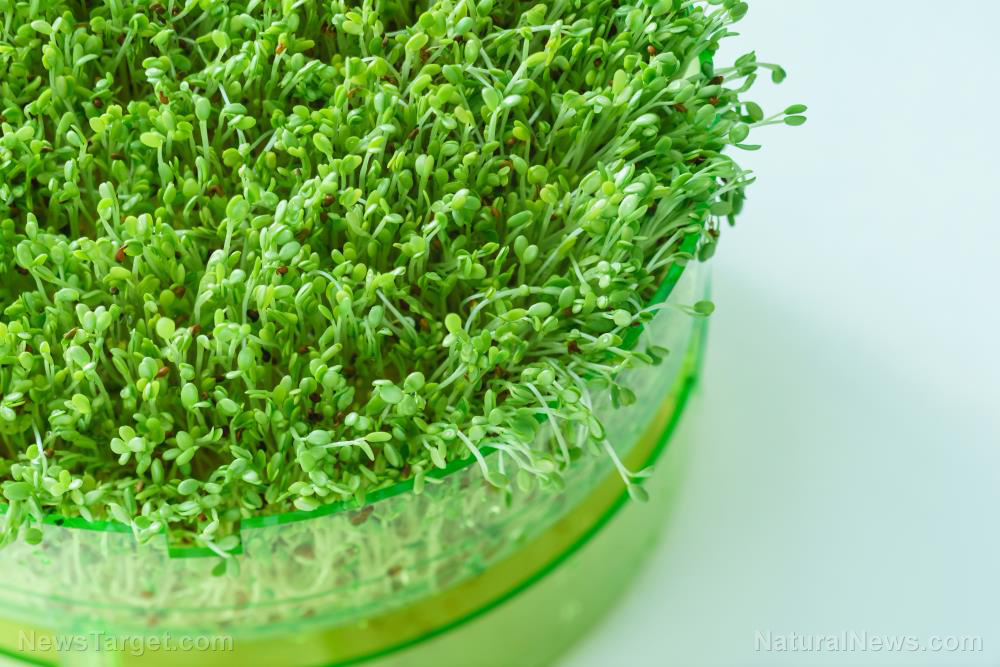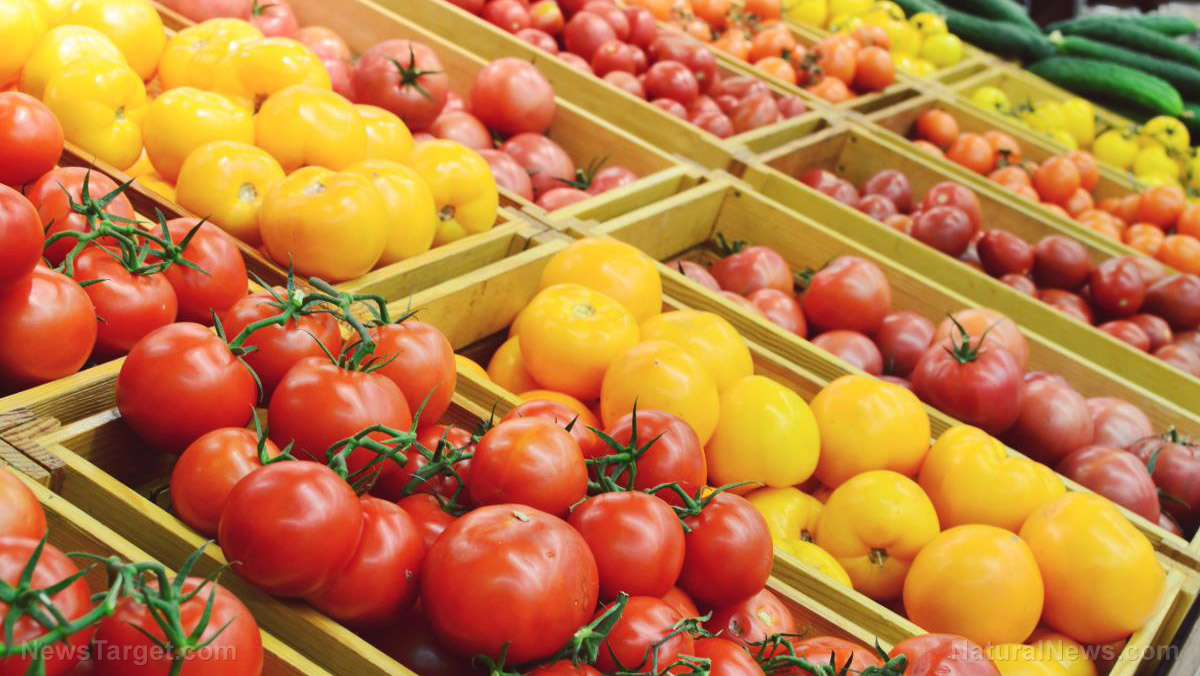Looking for protein-rich vegetables? Here are 10 of the best
09/23/2019 / By Zoey Sky

Protein is an important macronutrient that your body needs to function optimally. If you don’t want to get it from meat, there are plant-based foods that are great sources of protein.
Why is protein important?
The building blocks of your skin, muscles, hormones, and organs are made up of proteins. Consuming natural food sources of protein regularly promotes weight loss and increases muscle mass and strength.
The recommended daily intake (RDI) for protein is 56 g for men and 46 g for women. Following a protein-rich diet may help lower blood pressure, fight diabetes, and lower your risk of heart disease.
Most vegetables also contain phytosterols that can help lower bad cholesterol. Protein-rich vegetables are also a good source of vitamins B and C that can boost your immunity.
Here are 10 of the best plant-based sources of protein.
Artichokes
A 100 g serving of artichokes offers 3.3 g of protein. Serve artichokes as a nutritious appetizer or as a tasty snack.
Broccoli
A 100 g serving of broccoli contains 3.8 g of protein. Add broccoli to soups or salads. (Related: Looking for plant-based protein? Here are 14 foods that are packed with it.)
This superfood is also rich in fiber, potassium, and vitamins C and K. Broccoli also has many bioactive nutrients that can even prevent cancer.
Green peas
A 100 g serving of green peas offers 5.4 g of protein.
Green peas can be eaten raw or boiled. Add them to curries to make a protein-rich dish, or sprinkle a handful on rice.
Kale
A 100 g serving of kale contains 4.6 g of protein. Add kale to salads, or make a nutritious green smoothie with other fruits and veggies.
Lima beans
A 100 g serving of lima beans contains 6.8 g of protein.
Cook lima beans in boiling water, then drain the water. Saute boiled lima beans in a bit of olive oil with chopped tomatoes and onions before serving.
Parsley
Parsley offers 3 g of protein for every 100 g serving. Use parsley as a nutritious garnish or add it to salads and sandwiches.
Spinach
A 100 g serving of this green leafy superfood contains 3 g of protein.
Make spinach soup or add the vegetable to a refreshing salad. Spinach is a low-fat and high-fiber vegetable and it also contains essential nutrients like calcium, folate, and zinc.
Sprouted beans, lentil, pea, or soybean sprouts
A 100 g serving of sprouted beans contains 13.1 g of protein.
To grow sprouted beans, immerse beans, lentils, or peas in water for one day until they’re swelling with water. Drain the water, then tie up the sprouts using a piece of clean cloth. Alternatively, you can store the sprouts in an airtight container to make them sprout.
Sprouts can be consumed as they are or add them to salads and sandwiches. Add a bit of black pepper, salt, and fresh lemon juice for flavor and added nutrition.
Sweet corn
A 100 g serving of baked or boiled sweet corn offers 3.3 g of protein. Always purchase organic sweet corn to avoid harmful chemicals.
White mushrooms
A 100 g serving of white mushrooms has 3.6 g of protein. Add these delicious mushrooms to soups, salads, or sandwiches.
More protein-rich plant foods
Aside from the vegetables detailed above, the following foods are also full of protein.
- Almonds
- Apricots
- Avocado
- Banana
- Brown rice
- Brussels sprouts
- Butternut squash
- Cottage cheese
- Greek yogurt
- Guava
- Milk
- Oats
- Peanuts
- Potato (with skin)
- Pumpkin seeds
- Quinoa
- Raisins
- Walnuts
Consuming healthy foods rich in protein gives you the strength you need to finish your various tasks. Incorporate both animal- and plant-based proteins into a healthy diet to maintain your overall health.
Sources include:
Tagged Under: broccoli, Fresh, functional food, Green peas, kale, lentils, Lima beans, plant protein, plant-based protein, sprouted beans, sprouts, sweet corn, vegan, vegetarian, Veggies
RECENT NEWS & ARTICLES
COPYRIGHT © 2017 VEGGIE NEWS

